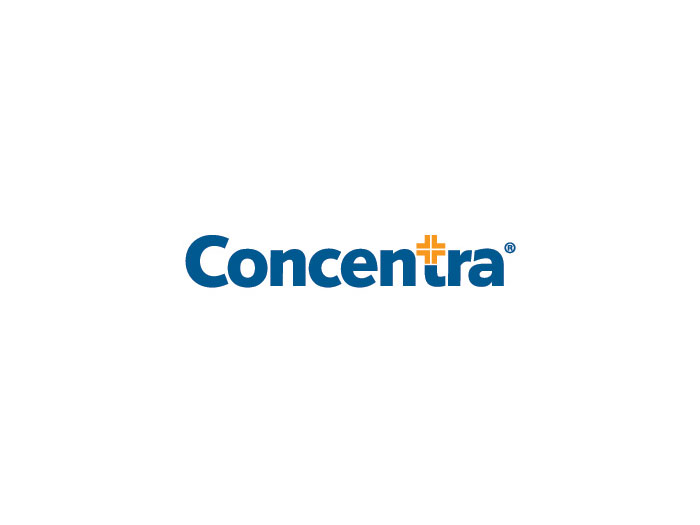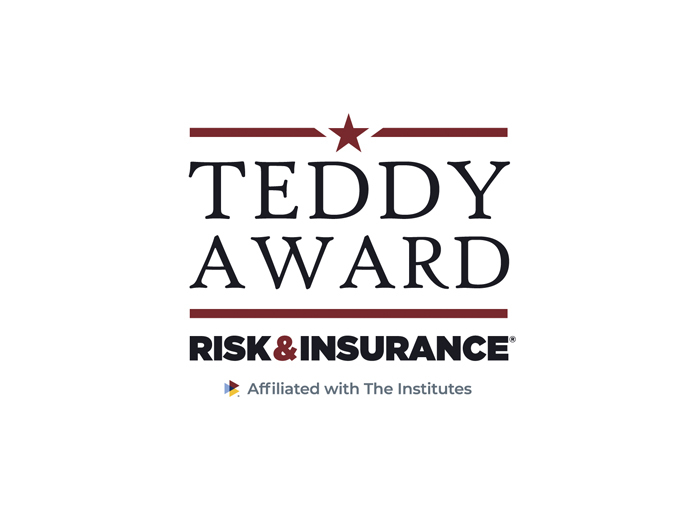Sponsored: Starr Companies
A Global Perspective

As any traveler knows, the world is full of uncertainty and dangerous places, where the challenges of simply trying to run a profitable business far from home are complicated by even greater risks, such as political violence, civil unrest, credit risk, corruption, expropriation of private assets by the government, and more.
Anyone doubting this need only take a look at current events. Some 70 percent of the world’s nations currently have serious corruption problems throughout their governmental and civil service framework. Nearly 40 percent of all nations are experiencing some form of significant civil unrest. Signs of economic distress are everywhere, from falling oil prices to Eurozone debt crises to economic slowdown in China.
Despite such geopolitical risks, the world still needs its businesses to continue running amid dangers that range from warfare and terrorism to punishing economic conditions caused by international sanctions, to simple graft and hostility toward foreigners.
For global and multinational companies, keeping an eye on their political risk profile is as important as handling worker safety, environmental impact, products liability, or any other insurable risk. Thankfully, political risk exposures are insurable as well, and Starr Companies is there to provide its clients with robust political risk insurance coverage, a suite of unique support services that truly is second to none, and the ability to educate clients on how to manage their political risk.
Political risk hazards generally fall into one of the following categories:
Breach of Contract and Non-Honoring of Financial Obligations
 These related hazards involve the failure of a local actor to uphold their contractual or financial obligations to a foreign investor, and the inability or unwillingness of local authorities to intercede on the foreign investor’s behalf. This is perhaps the most common form of political risk hazard, as it is a major problem in any environment where there is substantial economic instability and/or corruption.
These related hazards involve the failure of a local actor to uphold their contractual or financial obligations to a foreign investor, and the inability or unwillingness of local authorities to intercede on the foreign investor’s behalf. This is perhaps the most common form of political risk hazard, as it is a major problem in any environment where there is substantial economic instability and/or corruption.
Confiscation of Property
Also known as “expropriation,” “ownership risk” and “nationalization,” this is when a government seizes property or assets without compensating the owners for them. An overt example of expropriation would be a revolutionary government seizing an office building or a factory belonging to a foreign-owned corporation. An example of creeping expropriation would be a series of successive events by a government to gradually deprive an investor of their property rights.
Regulatory Changes
This is when the local laws change in such a way as to constrict foreign investors’ economic activity in some way. It could range from creeping expropriation to changing taxation or labor laws that might simply make it far less profitable or far less efficient for a foreign entity to operate in a local jurisdiction.
Inconvertability of Currency
Also known as “transfer risk,” this is when a government takes action to prevent the conversion of local currency to another form of currency, making it difficult or impossible for foreign investors to transfer their profits elsewhere. This tends to happen in countries undergoing some kind of political crisis, like when Zaire—now the Democratic Republic of Congo—declared a new national currency in 1980.
Political Violence
 Property or income losses stemming from violence committed for political purposes, including, but not limited to declared and undeclared warfare, hostile actions taken by foreign or international forces, civil war, revolution, insurrection and civil strife (politically motivated terrorism or sabotage).
Property or income losses stemming from violence committed for political purposes, including, but not limited to declared and undeclared warfare, hostile actions taken by foreign or international forces, civil war, revolution, insurrection and civil strife (politically motivated terrorism or sabotage).
Kidnap and Ransom
Political violence might also manifest itself as a kidnap, ransom and extortion hazard, but that is typically covered by a separate, specialized policy.
To protect against these risks, insurers can provide comprehensive and custom-tailored political risk solutions, which at a client’s request can be broadened to cover investment contract repudiation, currency inconvertibility and political violence. Such policies typically last for periods of 5 to 10 years. Protected assets for this coverage include fixed assets (e.g., a factory, farm, warehouse or office), mobile assets (e.g., harvested natural resources, raw or manufactured inventory or mobile equipment), leased assets (e.g., aircraft, watercraft or construction vehicles) and investment interests in assets abroad (e.g., money dedicated to funding a foreign project, held in a host country bank and subject to expropriation).
Kidnap & ransom coverage protects company personnel and family by providing financial reimbursement for such an event. Depending on the insurer, some K&R programs also provide independent expert consultancy before and after a potential act of kidnapping, ransom or extortion.
 Great insurance coverage isn’t enough to adequately protect against political risk, however. Businesses need extra support to stay on top of their exposures, and to know what the latest geopolitical developments are.
Great insurance coverage isn’t enough to adequately protect against political risk, however. Businesses need extra support to stay on top of their exposures, and to know what the latest geopolitical developments are.
Starr Companies, for example, does this through Global Risk Intelligence, a specialized team of political risk experts with long-standing backgrounds in national intelligence and international affairs. GRI delivers to Starr clients a unique risk advisory service that spans the gamut of commercial property & casualty exposures. GRI also produces two assets that are extremely helpful. The first is the Executive Intelligence Brief, a world-class monthly analysis of ongoing geopolitical developments (especially in emerging markets) available exclusively to a carefully selected readership of top executives. The second is the Global Risk Matrix, a quarterly ranking of the overall political security risk of every country on the planet.
The world’s geopolitical landscape is changing at a remarkable pace, with new risks and uncertainties arising in even the unlikeliest of places. And yet, as business becomes ever more globalized, insurers can provide their clients with tailored coverage to absorb the losses that stem from political turmoil. By finding the right insurer, with the financial strength to cover their risks as well as the analytical acumen to help turn risk into opportunity, businesses can create partners in prosperity anywhere in the world.
This article was produced by the R&I Brand Studio, a unit of the advertising department of Risk & Insurance, in collaboration with Starr Companies. The editorial staff of Risk & Insurance had no role in its preparation.










